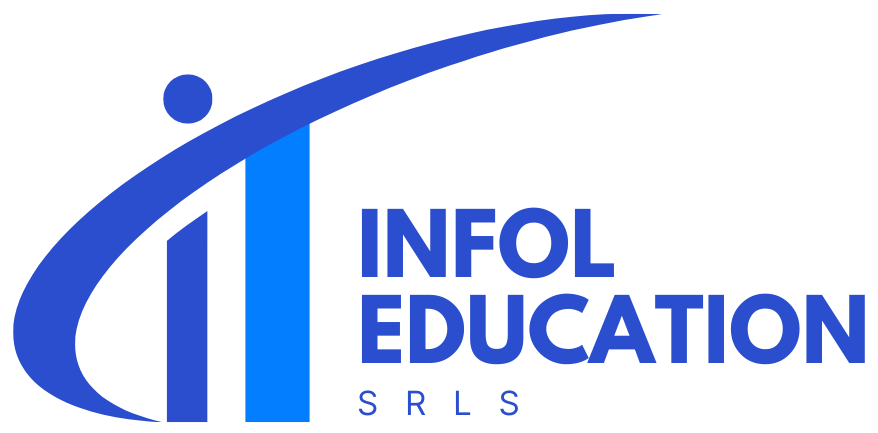In recent years, the increase in complexity of the social system has required more of teachers.
These demands go beyond mere teaching, taking on the development and acquisition of skills typical of other professions (i.e psychologists and social workers).
All this is creating the need, for teachers, to rediscover, develop and enhance awareness, self-esteem, confidence in their working method and in learners, motivation and sense of their work, the absence of which leads to a frustration state and disaffection.
The following program aims to offer support first of all to the person and consequently to the professional, with a positive impact on teaching activity.
Main goals:
Main goals:
1. Acquire Knowledge and Understanding: – Gain a comprehensive understanding of emotional intelligence and its relevance to teaching. – Develop a solid knowledge base of coaching techniques and how they can be applied in educational settings.
2. Enhance Self-Awareness and Interpersonal Skills: – Improve their self-awareness and emotional regulation, leading to greater self-confidence and empathy in the classroom. – Develop stronger interpersonal skills, including active listening and conflict resolution abilities.
3. Apply Coaching Skills in Teaching: – Become proficient in using coaching methods to guide students toward their academic and personal goals. – Be capable of facilitating constructive feedback and goal-setting conversations with students.
4. Create Emotionally Intelligent Classrooms: – Foster a classroom environment that is emotionally supportive and conducive to effective learning. – Apply emotional intelligence principles to manage classroom dynamics and student relationships.
5. Develop Action Plans for Continuous Improvement: – Establish personal action plans for integrating emotional intelligence and coaching in their teaching roles. – Commit to ongoing self-improvement and professional development in these areas.
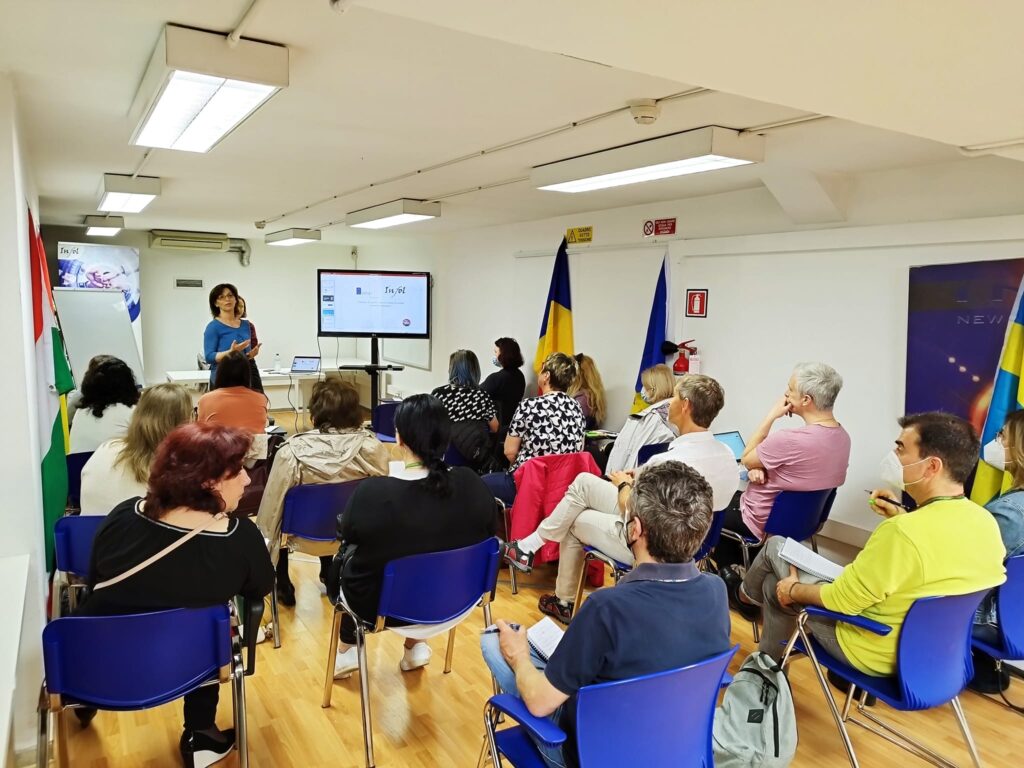
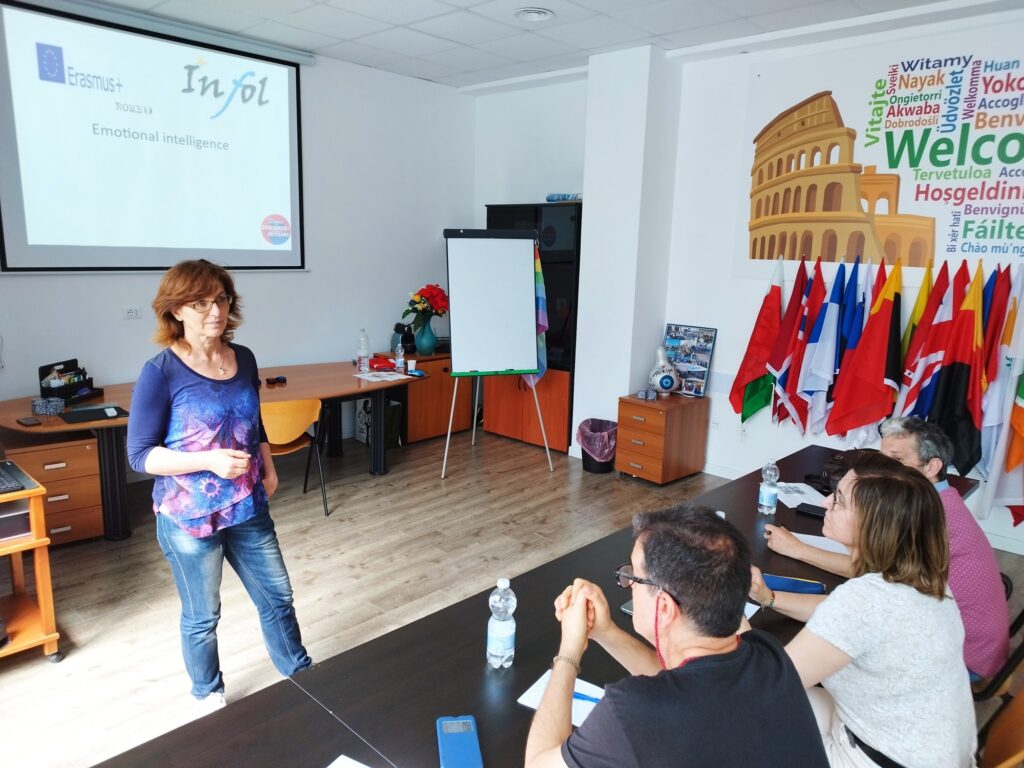
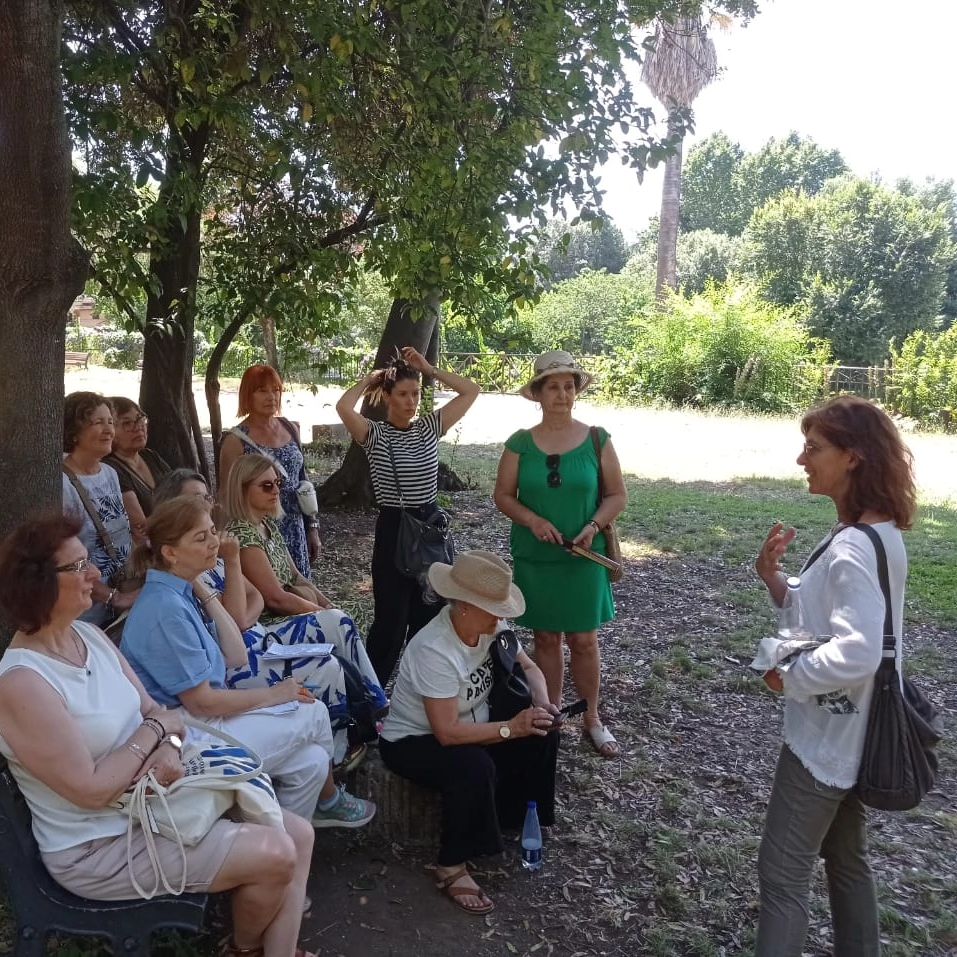
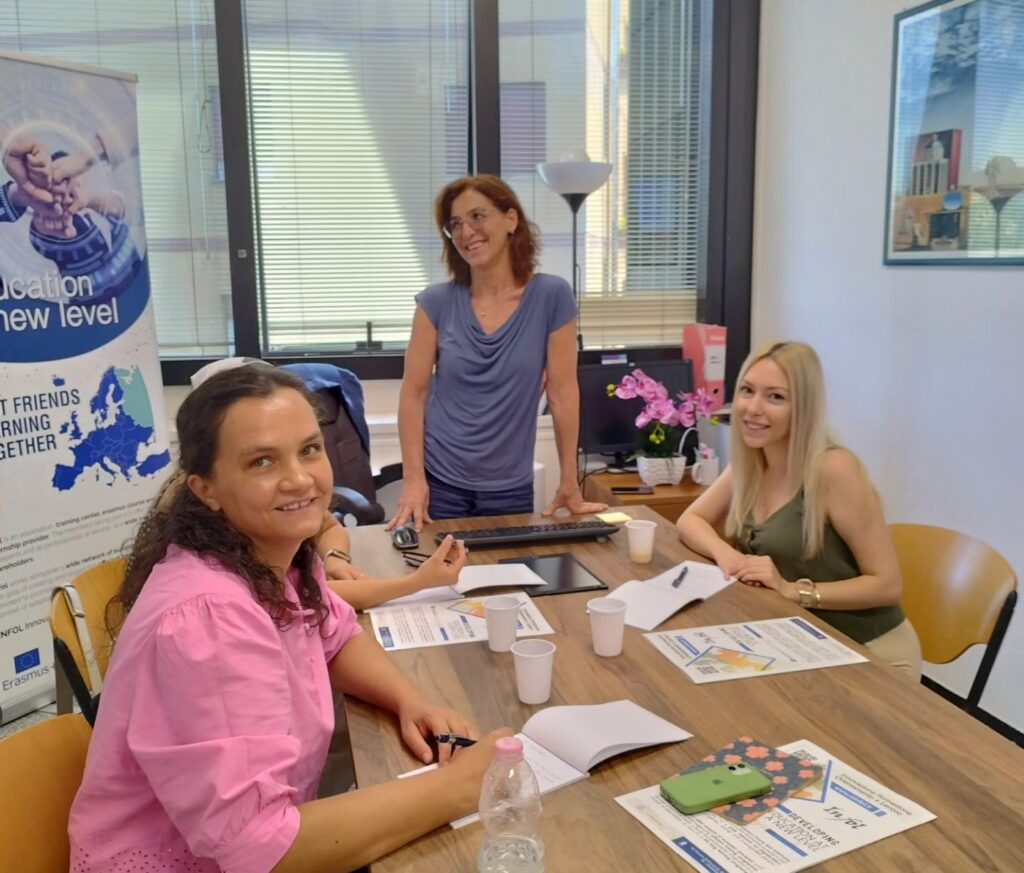
Learning objectives
1.Understand Emotional Intelligence (EI): – Define emotional intelligence and its significance in teaching. – Identify the five components of EI (self-awareness, self-regulation, motivation, empathy, and social skills) and their application in educational settings.
2. Develop Self-Awareness: – Recognize their own emotions and their impact on teaching. – Analyze personal strengths and areas for growth related to EI. – Create a personal development plan to enhance self-awareness.
3. Enhance Interpersonal Skills: – Apply active listening and empathy to connect with students and colleagues. – Demonstrate effective non-verbal communication and body language. – Resolve conflicts and navigate difficult conversations in a constructive manner.
4. Master Coaching Skills: – Explain the concept of coaching in education. – Utilize the GROW coaching model to guide meaningful conversations with students. – Apply coaching techniques such as questioning, feedback, and goal setting in teaching.
5. Integrate EI and Coaching in Teaching: – Design emotionally intelligent classrooms that promote a positive learning environment. – Provide constructive feedback and assessment aligned with coaching principles. – Develop action plans to implement EI and coaching strategies in their teaching practice.
20/24/28/40 hours
Course location: Infol – Innovation Training Orientation and Employment
Site: Rome
Number of days of training: 5/6/7/10
Lesson time: 4 hours
Language of instruction: English , French, Turkish, Italian, Spanish,Bulgarian, Romanian.
Participation fee:send mail to [email protected]
Methodology
The course will combine theory input and discussion with analysis of practical incidents with the purpose of finding out different possible solutions. The methodology used is mainly content-based language instruction (communication through specific content).Text discussion, oral presentation and discussion, role-playing, self- and meta-reflection, debating and group interaction will be the strategies more frequently used.
- Active methodologies
- Role playing
- Simulations
- New technologies
- Visits/workshops in educational institutions as schools, universities, educational centers, and companies
Certificates
- Europass Mobility
- Certificate of Attendance
Upcoming sessions
Location: Roma
- September 2024: Week 1 (September 2 – 6)
- October 2024: Week 2 (October 7 – 11)
- November 2024: Week 3 (November 11 – 15)
- December 2024: Week 2 (December 9 – 13)
- January 2025: Week 3 (January 13 – 17)
- February 2025: Week 3 (February 17 – 21)
- March 2025: Week 3 (March 17 – 21)
- April 2025: Week 4 (April 21 – 25)
- May 2025: Week 4 (May 26 – 30)
- June 2025: Week 4 (June 23 – 27)
- July 2025: Week 5 (July 28 – August 1)
- September 2025: Week 1 (September 1 – 5)
- November 2025: Week 1 (November 3 – 7)
- December 2025: Week 2 (December 8 – 12)
